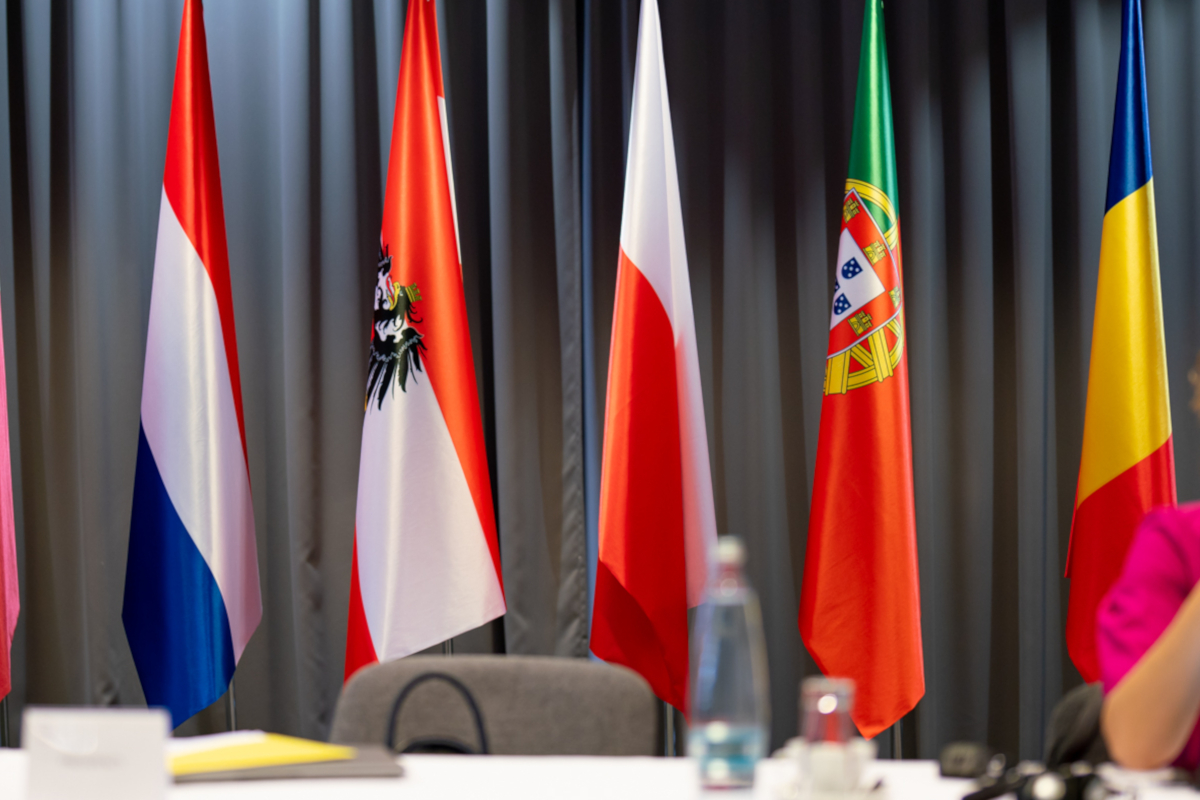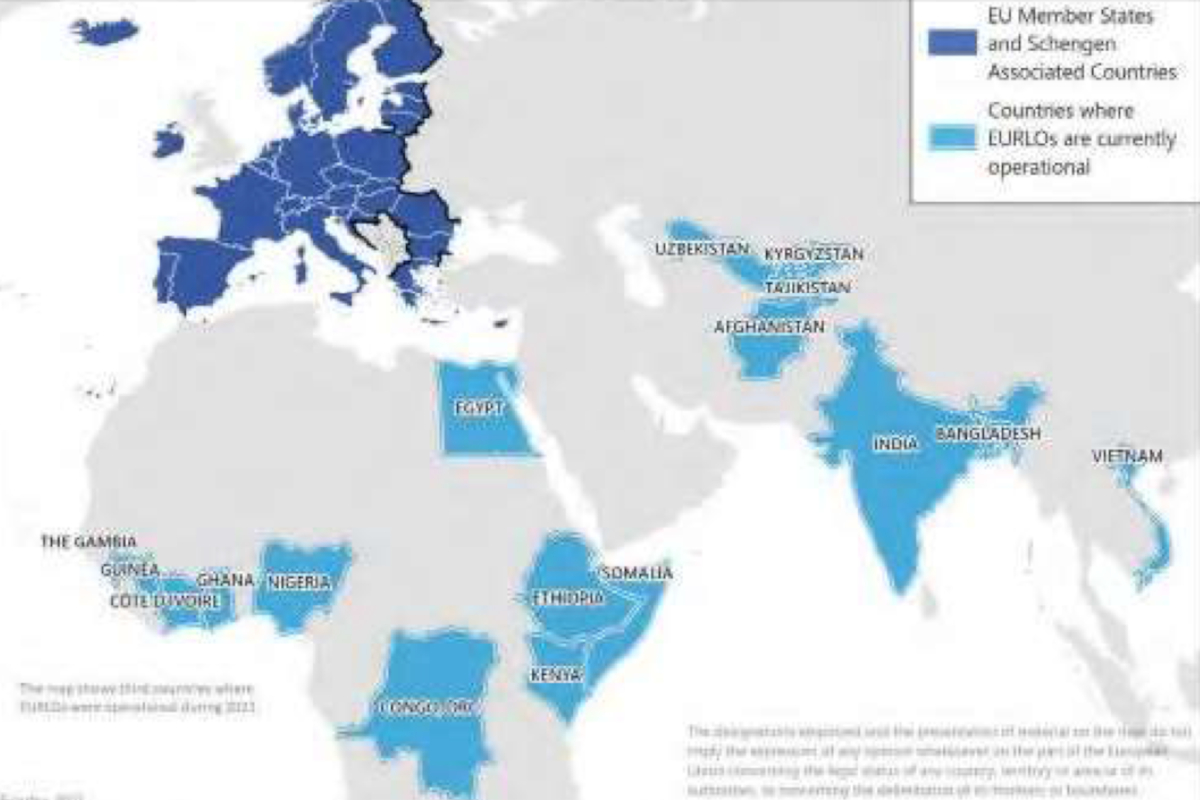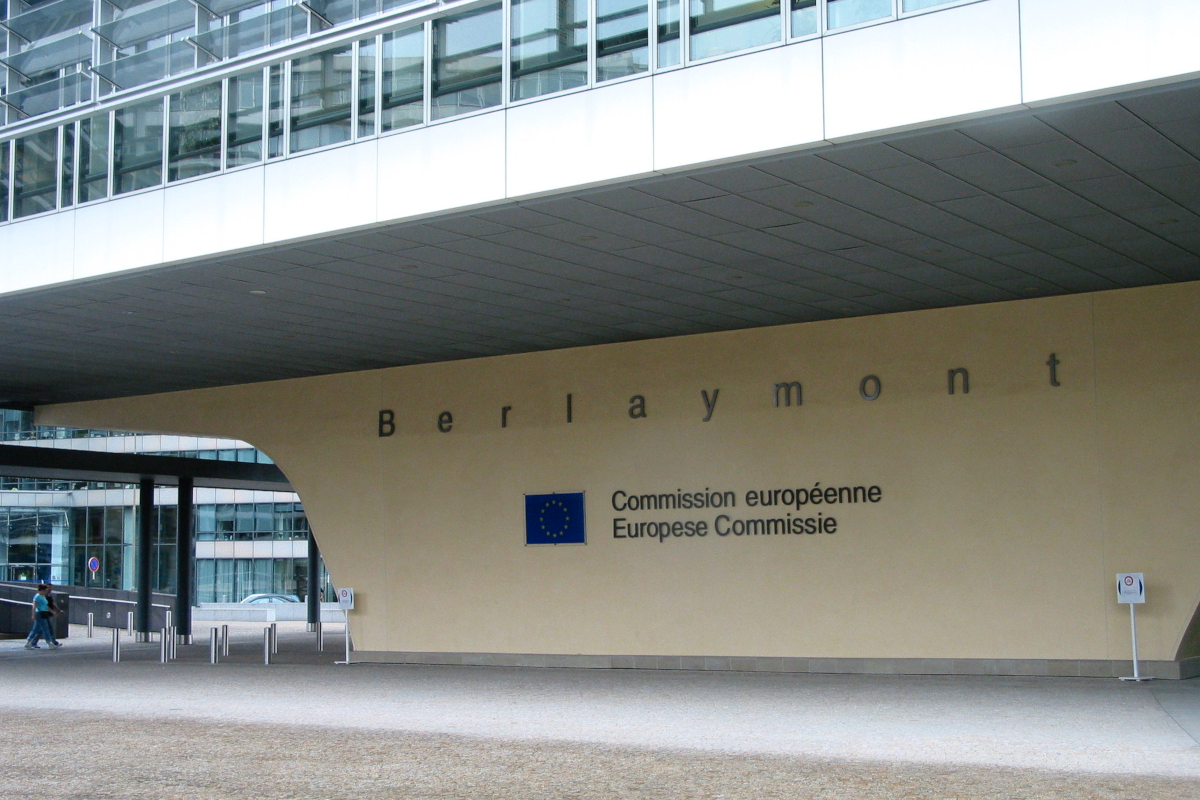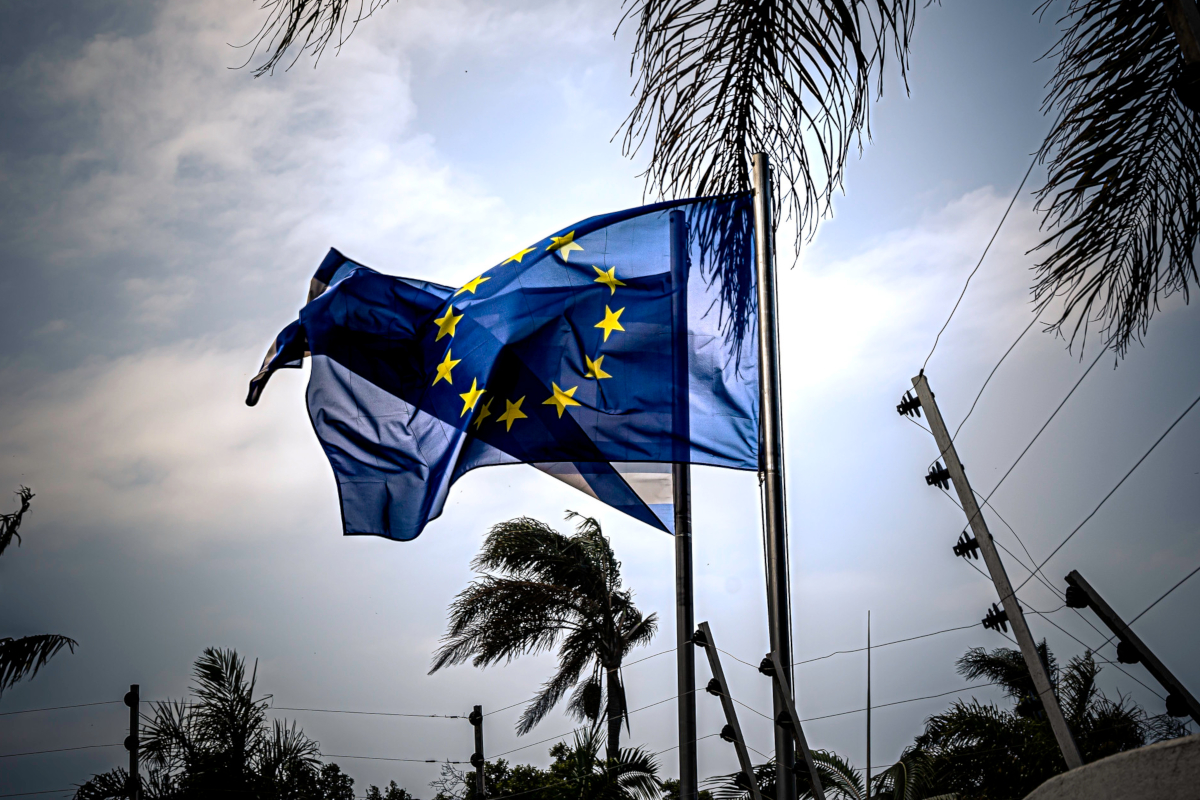EU: Democracy as a problem for deportations
Topic
Country/Region
11 January 2023
In a "non-paper" circulated last April, the European Commission admitted that informal readmission arrangements are preferred to formal readmission agreements for a number of reasons - including the "possibility to keep the arrangement confidential."
Support our work: become a Friend of Statewatch from as little as £1/€1 per month.
The EU has 18 readmission agreements with third states, which create obligations on both contracting parties to readmit their nationals (and potentially citizens of other states) subjected to forced or ‘voluntary’ removal by the other contracting party.
Readmission agreements are international treaties that require the consent of the European Parliament to enter into force, but in recent years the EU has taken to concluding what it refers to as “legally non-binding readmission arrangements," which require no parliamentary scrutiny at all. These have been concluded with Afghanistan, Guinea, Bangladesh, Ethiopia, The Gambia and Ivory Coast.
The non-paper (pdf) notes how "the perception of returns and returnees in the public opinion and society, can all have an influence on the quality of cooperation," hinting at another possible reason for keeping readmission arrangements secret - there is no chance of the public making their voices heard.
An extensive list of other benefits offered by informal arrangements is set out:
"Negotiations of arrangements are more straightforward than those of readmission agreements, due to their non-binding nature, greater flexibility to incorporate political commitments (e.g. on reintegration), absence of the provisions on the obligation to readmit third country nationals, the acceptance of the EU travel document, tailor made approach, less cumbersome approval procedures in the third country."
As the academic Mauro Gatti has underscored:
“The opacity of migration deals is probably deliberate. By keeping the public in the dark, informal deals allow EU executives (the European Council, the Council, the Commission and the governments of the Member States) to escape democratic control." [1]
New approach
The non-paper, circulated in April with a view to further discussion in the Council's IMEX (Integration, Migration and Expulsion) Working Party, is primarily concerned with taking a new approach to negotiations on readmission with non-EU states.
The Commission sought to "to engage productively on readmission with a wider set of countries," as negotiations in many cases were stalled. The note specifically mentions Algeria, China, Jordan, Morocco, Nigeria and Tunisia.
It suggests that:
"EU and Member States could consider new approaches, including on some elements that have slowed down past negotiations and represent a challenge in the ongoing ones: (1) insufficient or not appropriately chosen or targeted incentives and leverages, (2) need for a more coherent and coordinated EU position, (3) rigidity of the mandates, (4) complex format of the agreement."
The carrot and stick approach should continue, the Commission argues:
"The linkage between readmission cooperation and the (coordinated) incentives and leverages should be clearly communicated at political level to partner countries, to maximise political gains for return and readmission. The proposal for an Asylum and Migration Management Regulation (Article 7) foresees the possibility for the Commission to identify and propose further policy measures or instruments beyond visa to improve readmission cooperation."
The document goes on to emphasise the benefits of "incentives" for readmission agreements:
"Based on an assessment of past negotiations as well as the level of implementation of existing readmission agreements, a preliminary conclusion would indicate that the higher the level of incentives of the EU vis-à-vis partner countries, the more effective the level of cooperation, both in terms of swift conclusion of agreements/arrangements, and in terms of effective implementation of the agreement. By way of example, agreement with certain partners with highly valued incentives (i.e. visa facilitation/liberalisation) like in the case of the Western Balkans were negotiated swiftly and implemented successfully."
"Privileged relationships" - post-colonial or neo-colonial connections come to mind - should be exploited by those member states that have them, says the document.
Flexibility in negotiations should also be considered, says the note. For example:
"One option concerns readmission of third country nationals (under the so-called third country national clause) is not an international obligation, is opposed by most third countries and has been an obstacle in negotiations, but the EU has been able to include it in the agreements in force. In practice its use is limited, it is considered a deterrent against transit and the opening of new routes."
Furthermore, EU member state authorities should make changes:
"Member States should work on improved and faster procedures throughout the asylum and migration system, enhanced digitalisation of the return and readmission processes, improved availability and implementation of voluntary return and reintegration support and systematic follow up of return decisions with readmission requests."
Documentation
- Non-Paper on a Strategic Approach on Readmission Agreements and Arrangements (Council doc. 8429/22, LIMITE, 29 April 2022, pdf)
Notes
[1] Mauro Gatti, ‘The Right to Transparency in the External Dimension of the EU Migration Policy: Past and Future Secrets’ in Eva Kassoti and Narin Idriz (eds.), The Informalisation of the EU's External Action in the Field of Migration and Asylum, T.M.C. Asser Press, 2022, p. 113
Our work is only possible with your support.
Become a Friend of Statewatch from as little as £1/€1 per month.
Further reading

EU: Czech Council Presidency wants "substantial" increase in deportations
The EU should "substantially" increase the number of deportations, the Czech Presidency of the Council has proposed, in a document that sets out four "priority actions in the external dimension" of migration. The Presidency also wants to pressure Serbia to change its visa policy; fight the "instrumentalisation of migration" by non-EU states; and step up the work of information-gathering networks to improve "monitoring of newly emerging trends and the related-early warning activities".

Frontex celebrates "expanding footprint" beyond the EU in report on third country cooperation
EU border agency Frontex is obliged to report annually to the European Parliament, European Commission and Council of the EU on its cooperation with non-EU countries. The 2021 report, obtained by Statewatch and published here, focuses on an expanding influence in the Western Balkans, information sharing, the expansion of the European Border Surveillance System (EUROSUR) to non-EU states, and deportations.
Spotted an error? If you've spotted a problem with this page, just click once to let us know.


